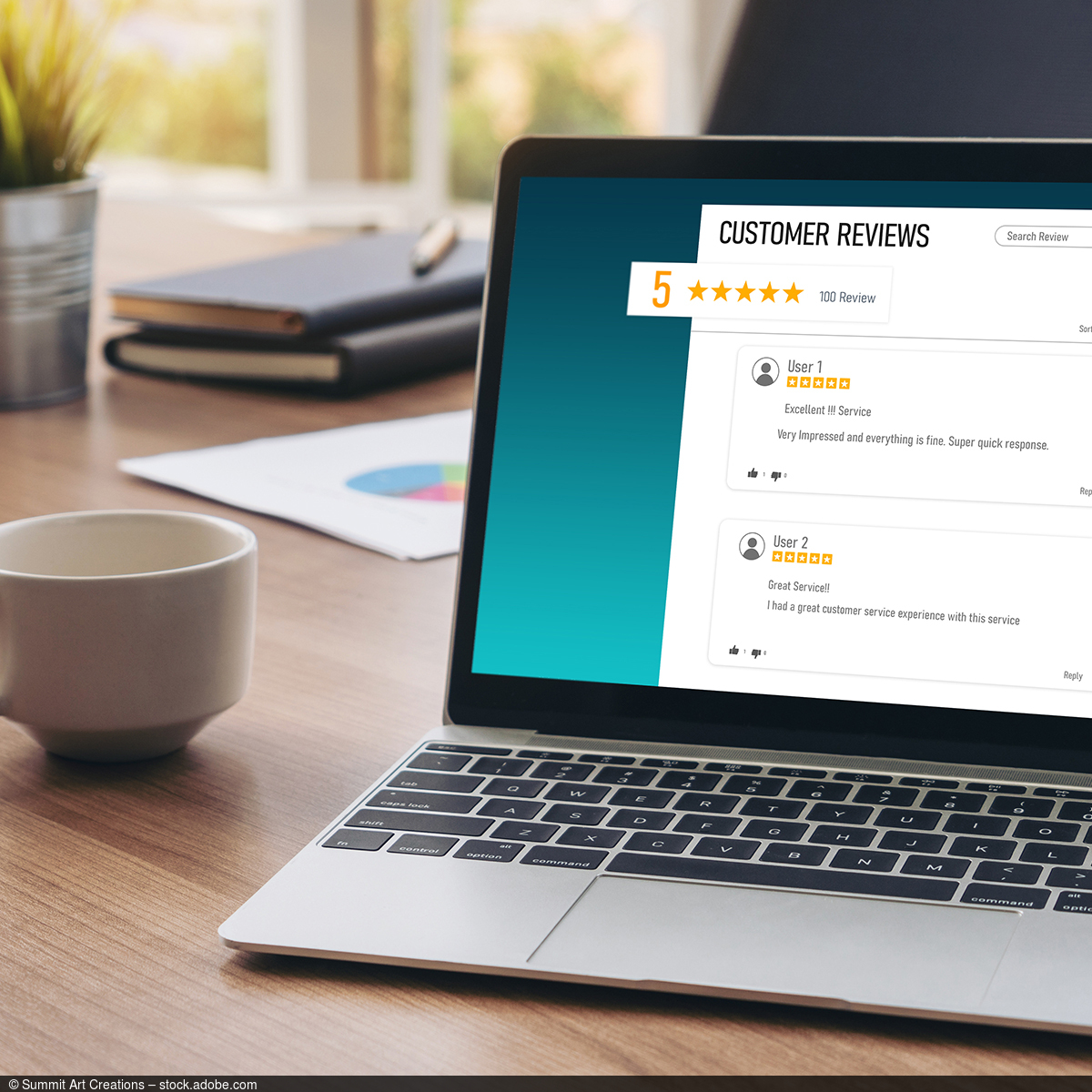Digitalisation
The Digitalisation of the Economy – Research at ZEW
Are we going to lose our jobs because of digitalisation and artificial intelligence? Is Germany lagging behind in digitalisation? High-speed internet, algorithms, big data and digital services are changing economic and social processes at great speeds. New business models, working methods and forms of communication are emerging. This offers new opportunities to generate turnover, secure market shares and conquer new markets. But digitalisation also requires companies and employees to adjust to these new circumstances. In order to exploit the potential of digitisation for the economy and society to the full, it is important to know the possible applications of digital technologies and to understand how they work to make them measurable and create suitable framework conditions. With its research on digitalisation, ZEW helps actors from business and politics to make decisions based on scientific evidence.
Digital Technologies and Their Use in the Economy
Information and communication technologies (ICT) are important drivers of digitalisation in Germany. The ICT sector not only provides digital solutions for companies, the public sector and private households, but it is often a forerunner in the use of new hardware products and IT services. This makes the ICT sector an object of continuous research.
Digital World of Work
The digital transformation is changing jobs and tasks at an unprecedented speed. Digitalisation permeates almost all areas of the world of work today. The extent to which human work will be replaced by technology is rated differently. It is clear that a great demand for advanced training and retraining emerges which workers and companies will have to face. The pressure to adapt is thereby particularly high for low-skilled workers.
Data and Platform Economy
The big US internet giants Apple, Google, Amazon, Facebook and Microsoft have become a symbol of the platform economy, which is characterised by network effects and monopolistic structures. In many areas, digital platforms take over the role of intermediaries. Hotel booking platforms arrange hotel rooms, while digital labour markets match the demand for labour with corresponding offers. A key factor for the platform economy is data. Data is the basis for developing new services and smartphone apps, while often being traded as a currency in the online world. But data is not only important for platform operators and app developers. Also for many companies in traditional industries the analysis of large, unstructured databases from different sources has become an important strategic tool for the efficient design of processes and the development of innovations.
Events on the Topic Digitalisation
-
26.06.26. – 27.06.2025Keynote Speakers: Imke Reimers (Northeastern University, Boston), Tobias Salz (Massachusetts Institute of Technology (MIT), Cambridge, USA)














